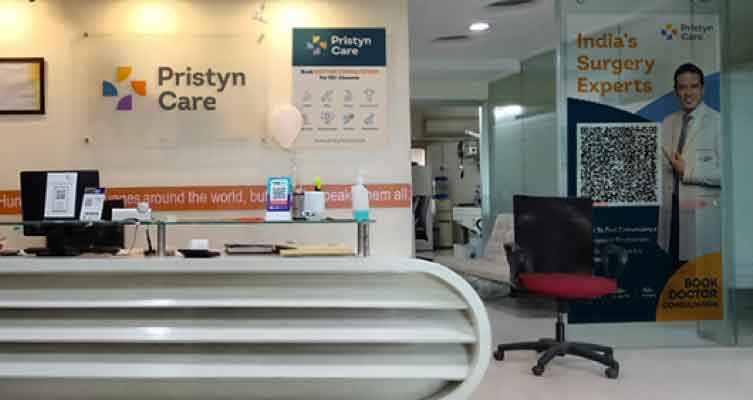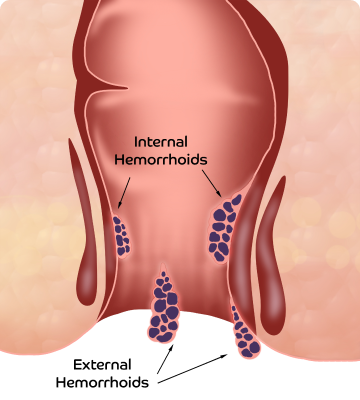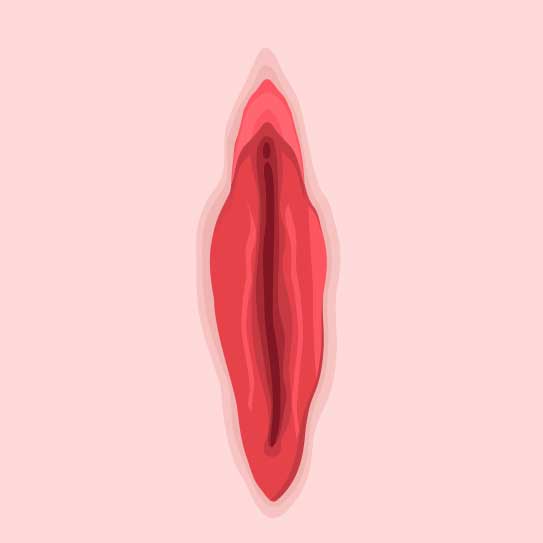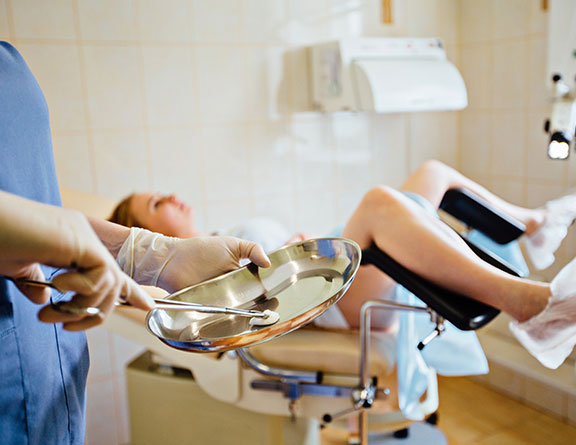Who is eligible for Labiaplasty Surgery?
Experts explain that not all people are eligible for undergoing labiaplasty. In order to ensure that the results are successful and there are no major complications during the surgery, the patient needs to fulfill some eligibility criteria. These are discussed as follows-
- Women with no pre-existing medical conditions can choose to undergo this surgery
- Women who keep realistic expectations should consider this surgery
- Women whose labia got ‘sucked’ or ‘tucked’ into the vagina during sexual intercourse
- Women who experience irritation or pain while wearing underwear, bathing suit
- Women who experience chafing while walking, running, biking, etc. in the vulvar skin
How To Prepare for Labiaplasty Surgery?
Once you have decided that you’ll undergo labiaplasty surgery, it is important to start planning for the procedure as well as recovery. Experts recommend that you need to take the following preparatory steps before the procedure-
- Eat healthy and nutritious foods that are easily digestible
- Keep yourself hydrated by drinking at least 8 glasses of water
- Take enough rest and sleep at least 8-9 hours a day
- Talk with your family members about dividing daily chores in the upcoming weeks
- Avoid taking any blood thinners or medications such as non-steroidal anti-inflammatory drugs (NSAIDs) after discussing with the doctor
- Do not take any vitamin supplements or herbal supplements or weight-loss supplements without proper discussion with your doctor
- Keep an empty stomach for at least eight hours before the procedure as it can interfere with the effects of anesthesia
What Are The Side Effects of Labiaplasty Surgery?
After going through any surgical procedure, the patient is bound to experience some risks and complications. There can be some mild complications and risks that are likely to occur after the procedure. Some of the side effects that are experienced by people include-
- Infection around the vagina
- Bruising
- Mild swelling
- Mild bleeding
- Hematoma
- Dryness around the surgical area
- Scarring around the vaginal opening
- Pain during sexual intercourse
How To Recover after Labiaplasty Surgery?
In order to get relief from the above-mentioned side effects or risks, the patient has to follow some recovery tips diligently. Here are some ways to recover after labiaplasty-
- To reduce swelling and pain, keep an icing pack in the underpants with 20 mins on and 20 mins off rule
- Lie with your bottom elevated by propping up some extra pillows to reduce swelling
- Abstain from having sex during the entire course of recovery
- Wear loose cotton underwear to let air pass-through
- Avoid using tampons during the menstrual cycle
- Take painkillers and medicines as directed and prescribed by the doctor
How Long Does It Take To Recover after Labiaplasty Surgery?
The whole recovery process takes around 2-3 weeks after the procedure. Most women are able to return to their daily activities after resting for a couple of days. The sutures used during the procedure dissolve within this time period. However, depending on the patient’s physical abilities and the type of surgery (labia majora reduction or labia minora reduction) undergone, the actual number of recovery days can vary.
What To Expect After Labiaplasty Surgery?
You can expect results to appear within a week or two. However, in order to see complete results, patients need to wait for a couple of months until the swelling and scars reduce completely. After the recovery, women report that they no longer feel their labia minora hanging from labia majora. The usual chafing while wearing a bathing suit or tight clothes is no longer experienced by women. In fact, most of the patients who have undergone labiaplasty surgery have experienced enhanced sexual pleasure.
Will There Be Any Visible Scars After Labiaplasty Surgery?
After any other surgical procedure, it is common to have some scars due to the incisions. However, after labiaplasty, there are hardly any scars as the incisions are made in the folds of the vaginal lips. The visible scarring depends on the type of equipment used as well as the number of incisions made. Therefore, it is important to get consulted with qualified and experienced gynaecologists for undergoing labiaplasty.
How to prepare for Labiaplasty
A few things to follow before labiaplasty surgery are:
- Choose the right doctor. While cosmetic vaginal surgeries can be done by both- gynecologists and plastic surgeons, it is best if you do a thorough read on your health, discomfort, needs, and expectations. Based on the same, choose a doctor that best suits your needs. Typically, an Ob-gynecologist trained in cosmetic gynecology is the safest choice
- Discuss your current health, medication, vitamin, and supplements thoroughly with your doctor. In case you are on blood thinners, your doctor would ask you to stop taking them a few days before surgery. They are known to increase the risk of excessive bleeding.
- Doctors advise abstaining from sex for a month before the procedure.
- Avoid eating or drinking anything post-midnight before the surgery. It helps avoid any complications related to anesthesia.
- Take enough rest before the surgery so that the body is fully prepared for the procedure. Get at least 9 hours of sleep.
- Do not shave the surgical site yourself. A simple cut could risk unwanted infection and septic.
What are the possible risks/ side effects of Labiaplasty?
Risks or side effects are extremely rare with advancements in medical sciences. In fact, LASER labiaplasty reduces the risk of complications to less than 5%.
However, as with any surgery, your body takes some time to heal itself. Some of the possible side effects during this time include-
- Mild bleeding
- Infection
- Hematoma
- Temporary numbness
- Chronic dryness
- Decreased sensitivity around the vulva
- Mild discomfort during sexual intercourse in the initial days of the recovery
All these side effects and risks are easily manageable with the post-operative instructions prescribed by the doctor. However, if the itching, swelling or bleeding persists even after a week, please consult your gynecologist immediately. It could be a sign of a yeast or bacterial infection. It could also be an allergic reaction to a medication. In such a case, you would need added medications.
How to recover after Labiaplasty?
- Doctors advise the following tips to quickly recover after labiaplasty:
- Take complete bed rest for the first 24 hours.
- If the site itches, swells, or pains, use ice packs to relieve the discomfort.
- As you recover, do not wipe, only gently pat dry. Keep the surgical site free of moisture and dirt.
- Start gentle walking after one day of operation. It would help with blood circulation.
- For the first 24 hours, the patient is advised to complete bed rest.
- Wear only loose-fitting cotton fabric clothes to ensure that the vaginal area is breathable, ensuring no germs are collected.
- Do not use perfumed lotions, deodorants, soaps, or vaginal washes before six weeks from the surgery. Use only clear water and make sure you keep the vagina clean and moisture-free.
- Do not use tampons or menstrual cups until your vagina completely heals from the surgery (typically 5-6 weeks). Instead, use soft sanitary pads during menstruation. Drink a lot of water. Keep yourself hydrated. It would help you heal.
- Eat meals with high fiber content. It will help make your bowel movements easier.
- Do not swim/ lift heavy weights/ physically exert yourself before complete clearance from your gynecologist.
- Resume sexual activities only after getting confirmation from the doctor that it is entirely safe.














.svg)









